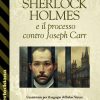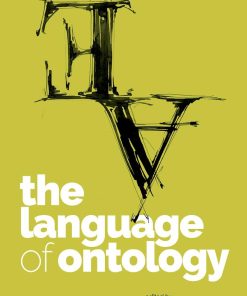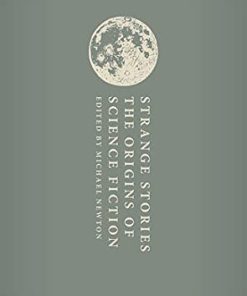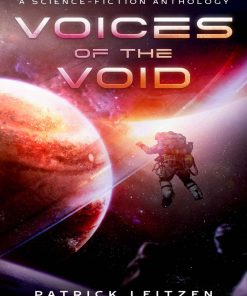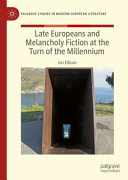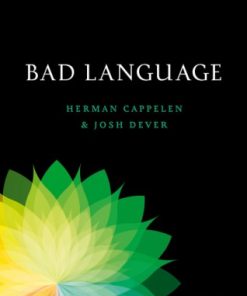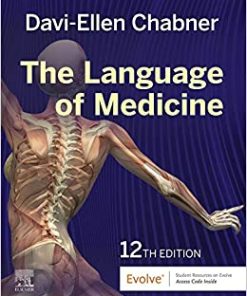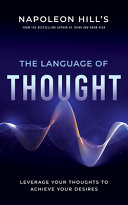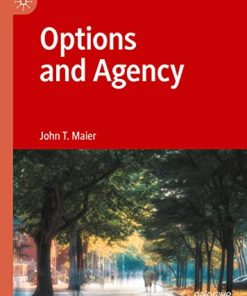The Language of Fiction
$50.00 Original price was: $50.00.$25.00Current price is: $25.00.
The Language of Fiction – Ebook Instant Download/Delivery ISBN(s): 9780198846376,0198846371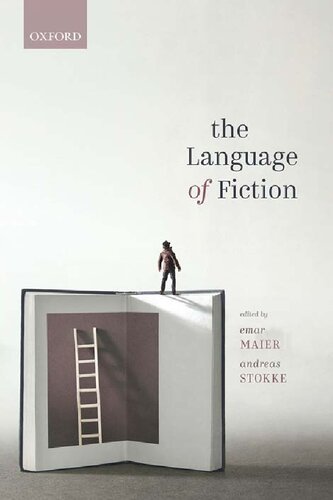
Product details:
- ISBN-10 : 0198846371
- ISBN-13 : 978-0198846376
- Author: Emar Maier, Andreas Stokke
This volume brings together new research on fiction from the fields of philosophy and linguistics. Fiction has long been a topic of interest in philosophy, but recent years have also seen a surge in work on fictional discourse at the intersection between linguistics and philosophy of language. In particular, there has been a growing interest in examining long-standing issues concerning fiction from a perspective that is informed both by philosophy and linguistic theory.
Following a detailed introduction by the editors, The Language of Fiction contains 14 chapters by leading scholars in linguistics and philosophy, organized into three parts. Part I, ‘Truth, Reference, and Imagination’, offers new, interdisciplinary perspectives on some of the central themes from the philosophy of fiction: What is fictional truth? How do fictional names refer? What kind of speech act is involved in telling a fictional story? What is the relation between fiction and imagination? Part II, ‘Storytelling’, deals with themes originating from the study of narrative: How do we infer a coherent story from a sequence of event descriptions? And how do we interpret the words of impersonal or unreliable narrators? Part III, ‘Perspective Shift’, focuses on an alleged key characteristic of fictional narratives, namely how we get access to the fictional characters’ inner lives, through a variety of literary techniques for representing what they say, think, or see. The volume will be of interest to scholars from graduate level upwards in the fields of discourse analysis, semantics and pragmatics, philosophy of language, psychology, cognitive science, and literary studies.
Table contents:
1:Introduction
Part I: Truth, Reference, and Imagination
2:Fictional reference as simulation
3:Sharing real and fictional reference
4:Fictional truth: In defense of the reality principle
5:On the generation of content
6:Do the imaginings that fictions invite have a direction of fit?
Part II: Storytelling
7:In search of the narrator
8:Extracting fictional truth from unreliable sources
9:Narrative and point-of-view
10:A puzzle about narrative progression and causal reasoning
11:Isomorphic mapping in fictional interpretation
Part III: Perspective Shift
12:Metalinguistic acts in fiction
13:Computing perspective shift in narratives
14:Derogatory terms in free indirect discourse
15:Protagonist projection, character-focus, and mixed quotation
People also search:
legal fictions in the language of international arbitration
the transformation of gender in english-language fiction
describe the effects of figurative language in fiction
what is the meaning of fiction in marathi language
what is the language of literature
You may also like…
Politics & Philosophy - General & Miscellaneous Philosophy
Science Fiction - Other Sci-Fi
Science Fiction - Other Sci-Fi
Politics & Philosophy
Bad language: contemporary introductions to philosophy of language Cappelen
Uncategorized
Relationships & Lifestyle - Personal Growth & Inspiration
Napoleon Hill’s The Language of Thought: Leverage Your Thoughts to Achieve Your Desires
Politics & Philosophy - Anthropology
Politics & Philosophy - General & Miscellaneous Philosophy
Options and Agency 1st edition by John Maier 3031102436 9783031102431



